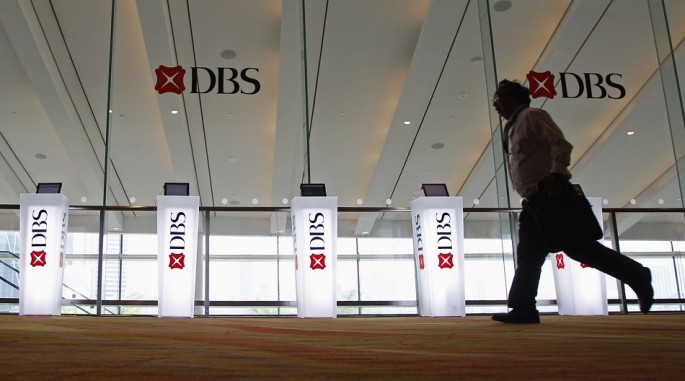Some banks and financial houses are adopting stricter lending criteria for China's state-owned enterprises (SOEs) as Beijing's economy is down to its slowest pace in a quarter of a century.
These changes in policy suggest some overseas banks are preparing for an increase in defaults in China.
"As the economy falters and SOEs become more market-orientated, there will be more defaults," explained Jiahe Chen, chief strategist at Cinda Securities, on why collateral is essential.
According to a survey of 2006 industrial firms published by Professor Jie Gan of the Cheung Kong School of Business, 70 percent of loans in China were collateralized in the fourth quarter last year.
Singapore's DBS Group, which suffered a loss on a bad loan to Yantai Penghui Copper (which is backed by the city of Yantai) decided to change its risk assessment procedures for loans to SOEs.
It will now divide SOEs into tiers according to their likely level of government support, as China plans to prioritize SOEs in strategic sectors.
Group companies that are not consolidated into the parent SOE's financial statements will be evaluated as an ordinary borrower and subsidiaries are considered more risky than top-level holding companies.
DBS noted that implicit support obtained from the parents of SOEs are subject to higher risks because of the risk of policy and people changes.
"With slower regional economic growth, we continue to be disciplined and watchful of risks in all the markets we operate in," Jiahe said in an e-mailed statement.
Taiwan-based Chang Hwa Commercial Bank would only lend to SOEs that provide collateral, according to one of its bankers.
Meanwhile, Standard Chartered Plc revealed in its annual results statement that it had increased the level of collateral it holds by 4 percent, in response to rising bad loans in China, India and the commodities sector.



























